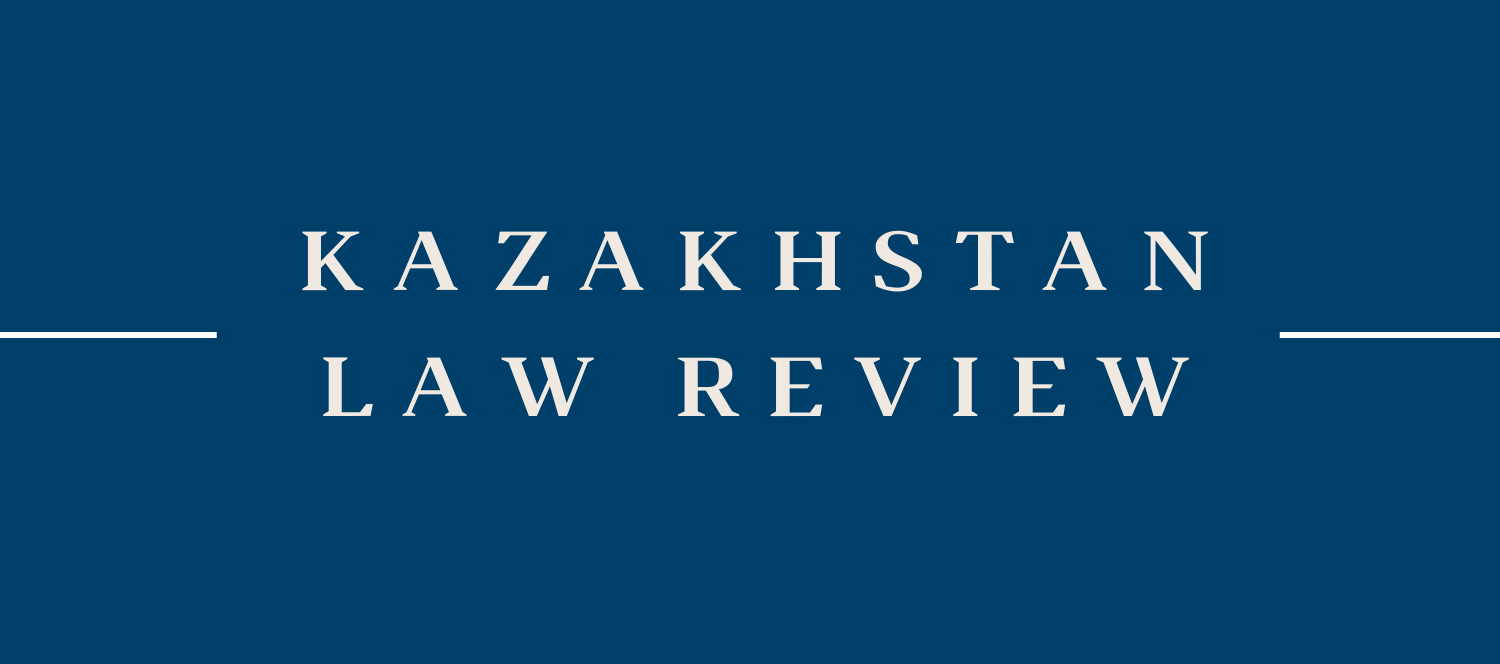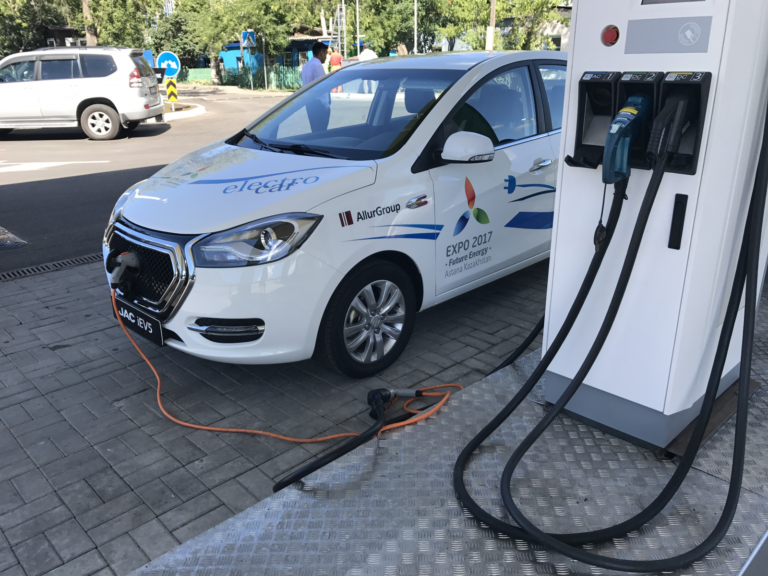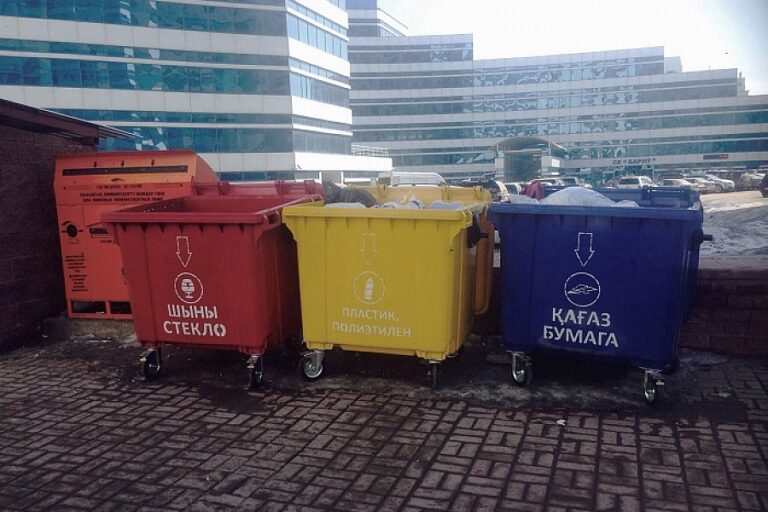Auhtors: Raushana Chaltabayeva, Alua Amirbekova
Website: https://unicaselaw.com/blog/law-of-the-republic-of-kazakhstan-on-heating-analysis-and-prospects-eng
On 8 July 2024, the President of the Republic of Kazakhstan signed the Law on “Heating” marking a significant step in regulating and developing the heating sector. This law introduces comprehensive changes aimed at addressing many of the accumulated issues in the field of heating.
Prior to this new law, Kazakhstan lacked a unified sectoral law on heating. Issues related to heating were partially regulated by the Law on “Electricity” and various subordinate acts, but did not cover all aspects or resolve many key problems in the sector, such as:
- Low reliability and quality of heating. Centralised and autonomous systems often suffer from deficiencies in the quality and reliability of services provided.
- Low system efficiency. Many systems experience significant heat and water losses and have low heat coefficient.
- Lack of investment and strategic development. Low return on investment and a lack of strategic planning slow down the industry’s development.
- Negative environmental impact. Burning fossil fuels negatively affects the environment.
Below is a brief overview and description of some aspects of the new law that we would like to highlight:
1. The development of heating in cities of national significance, the capital, districts, and regional cities will be based on long-term and medium-term heat supply development schemes. These schemes describe and justify a comprehensive set of actions for the development of heating in the respective administrative-territorial unit, aiming to meet future demand for heating services while considering the specific characteristics of the area. When developing these schemes, local executive bodies will determine the timing, scope, prioritisation, and sources of funding for activities to achieve target heating indicators, taking local conditions into account. The schemes must consider actual, target, and planned indicators, optimal combinations of systems based on regional characteristics, current and future demand, master plans and development schemes for settlements, equal access and payment conditions for services, as well as requirements for quality, reliability, minimal environmental impact, energy-saving technologies, and the use of renewable energy sources in accordance with the legislation of the Republic of Kazakhstan.
2. The law introduces clear categories for heating systems (centralised, local, and individual), simplifying their regulation and oversight. Centralised heating systems are those supplying heat from one or more sources with the delivery of the heat carrier to consumers through networks with a total connected load exceeding twenty megawatts. Local heat supply systems are those belonging to one physical or legal entity or part of the common property of a condominium, serving one or more consumers from one or more sources through networks that are not centralised heat supply systems. If the total connected load exceeds twenty megawatts, the owner must apply to local authorities within three months to change the status from local to centralised. Individual heat supply systems serve a single consumer from an autonomous source without connecting to centralised or local networks.
3. Tariffs are regulated by the state in accordance with the Law on Natural Monopolies No. 204-VІ ZRK dated 27 December 2018. State regulation of tariffs for heating production, transportation, and sales applies to centralised systems. In local systems, regulation applies if the heating facilities are owned by third parties or are part of the common property of multi-apartment buildings, provided that more than 30% of the owners request it.
4. The law introduces mandatory monitoring of the heating sector, including data collection and publication on the state of facilities and networks. Heating entities in both centralised and local systems must provide data on the quality and volume of heating, consumption modes, equipment and network conditions, modernisation, repairs, reconstruction, replacement of assets, energy efficiency measures, heat loss reduction, and the implementation of renewable energy sources, as well as other information in accordance with Kazakhstan’s legislation.
5. The law establishes requirements for the development and implementation of projects in heating (construction, reconstruction, modernisation, equipment installation, and technology implementation in centralised and local systems). Projects must align with heating development schemes and include measures or technologies for energy saving and efficiency, heat loss reduction, and the use of energy-efficient technologies, renewable energy sources, and other energy sources
6. Parameters and criteria for selecting suppliers for heating projects are defined, including reliability and safety, operational lifespan without repair or replacement, emission levels, energy efficiency, and heat loss indicators.
7. During the modernisation, replacement, or expansion of base capacity, the introduction of renewable energy sources should be considered a priority if economically and technically feasible. These sources will be used to cover the base load of the heating network.
8. The law establishes basic fuel quality requirements for heating sources in both centralised and local systems and outlines the basic obligations related to fuel supply and use.
9. New tools for monitoring and controlling sector participants are introduced. State control over heating operations, including the technical condition of facilities and production and transport entities, will be carried out by the state energy supervision and control authority and local executive bodies through remote monitoring.
It is important to note that the law will come into effect on 8 September 2024, although some provisions will take effect at a later date. For example, Article 30 on the types of contracts between heat supply entities and consumers will come into effect on 1 July 2025.
We hope that the adoption of the Law on «Heating” and the corresponding subordinate acts will serve as a foundation for the sustainable and effective development of the heat energy sector in Kazakhstan.
***
Unicase is a leading Central Asian law firm operating locally and internationally, with a strong presence in Kazakhstan, as well as in Uzbekistan, Kyrgyz Republic, Tajikistan, and Turkmenistan. Unicase has one of the strongest Expert Teams, well known for regulatory and law drafting capabilities, who, alongside a strong transactional background and expertise, have allowed the firm to win major development projects and continue to be the first-choice advisers for legislation development issues.
If you would like to contact us on content and other concerning issues, please reach us at marketing@unicaselaw.com or info@unicaselaw.com.
Следите за свежими материалами, подписывайтесь здесь: Telegram, Instagram, Facebook, YouTube




